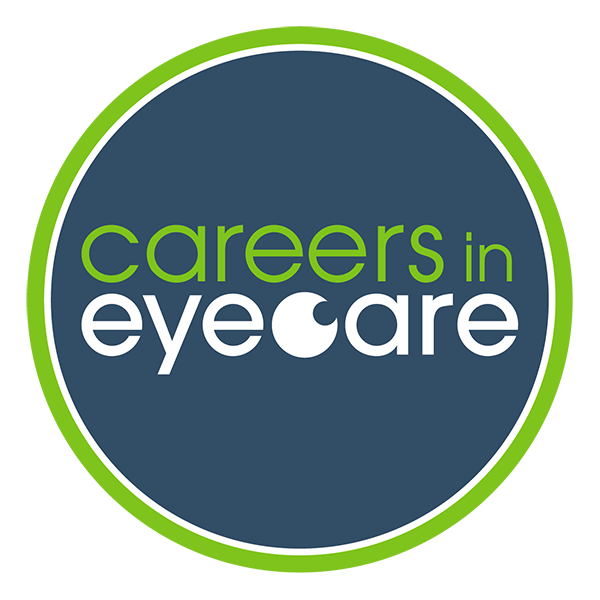By Mark Nevey FBDO on behalf of ABDO College
When you begin studying for a new vocation, there is inevitably a certain amount of writing involved, and courses at ABDO College are no different. Whilst some people thrive on writing tasks, it’s fair to say that many find it a chore. For some, faced with a first essay, it can seem an impossible task. Dyslexia sufferers or students with English as their second language may find the prospect daunting. Anxiety and stress, undoubtedly make this worse. There are services out there, as well as useful tips and advice, to both reassure and support you with overcoming these difficulties. Read on to find out more.
Even the best writers can be hit with ‘writer’s block’, and it can get worse the more you battle with it. So if you already recognise one of your weaknesses to be spelling and grammar, you suffer with dyslexia, or English is your second language, it is essential to recognise this and seek help and advice.
You may think it’s obvious to check over your work, but don’t rely on your own judgement. Show lots of different people your writing. People around you can have different contributions to make. Another person can be capable of spotting mistakes that you may have overlooked. Never be too proud to request a proofreading of your work, be it from family members, friends or colleagues. The difficulty that can arise from asking family and friends to proofread is their lack of understanding of specialist terms and vocabulary. Of course asking colleagues of a similar or even the same level of qualification, means that they already have a grasp of the subject and the associated terms and specialised language.
One person who knows what its like to have English as a second language is Pawel. He is currently an Optical Assistant, who has done a fair bit of optical training already, and is hoping to start the DO diploma in September. He moved to England, from Poland, in 2015 and immediately entered the world of work, having learnt English in Poland. It wasn’t long before he found himself in optics, working for Specsavers in Cheylesmore, where he showed an immediate desire to expand his knowledge and progress within the industry. He has had his fair share of difficulties getting to grips with the language, especially in the education system. “I found context a real difficulty and the use of common phrases and colloquialisms made understanding an entire sentence very hard at times. Also, learning a whole new set of specialised language was like learning English all over again. However, making sure I had a very good grasp of basic English has really helped me to take the first steps towards learning this new language, with all its scientific terms and difficult spellings and pronunciations.” Pawel explains other tips that helped him with his practical use of English, including immersing himself in popular English culture, like watching sitcoms and movies, and reading modern English literature. “Conversation is the best way to learn. I would recommend talking to people as much as you can. Different people have different ways of speaking, and getting as much exposure to that as possible is the best way to learn what they can’t teach you in the text books.”
Learning a whole new set of specialised language was like learning English all over again. Making sure I had a very good grasp of basic English has really helped me to take the first steps towards learning this new language,
Optical assistant Pawel
Dyslexia presents quite different issues with spelling and grammar, and these can be harder to overcome. Sufferers can find help on the British Dyslexia Association website British Dyslexia Association and the Dyslexia Action website. Visit the sites for tips and advice, as well as dyslexia aids and stationary.
ABDO College can provide extra time and attention for dyslexia sufferers, which would be discussed on an individual basis.
For those on the degree course there are a vast array of services provided by Canterbury Christ Church University. The disability support services can be found on the university’s webpage. It is important to point out that their services don’t only cater for dyslexic students, but can provide support on many levels and in regards to many different learning issues.
If writing and reading isn’t your strength, don’t be deterred. Allow yourself plenty of time to overcome written English difficulties. Commence your work well in advance, and talk to your tutor at the start. Never be ashamed to read over your work again and again, because even the best writers can overlook errors in their writing. Allowing enough time for re-reads and re-drafts is vitally important .Try to avoid leaving work to the last minute as pressure can lead to more mistakes! Everybody should have their work proofread, by a colleague or friend as well as simply going over it themselves. Try to find a buddy on your course and you can re-read each other’s work and provide mutual support.

